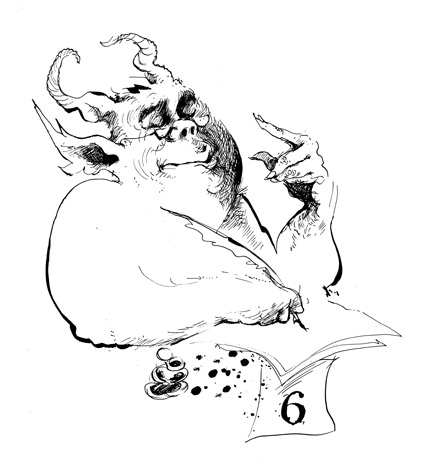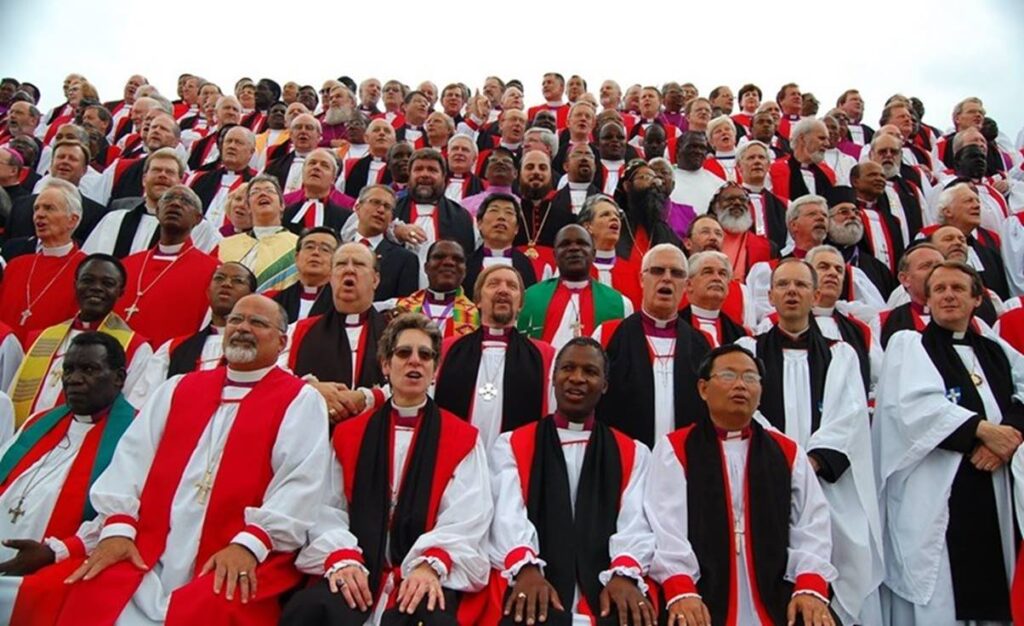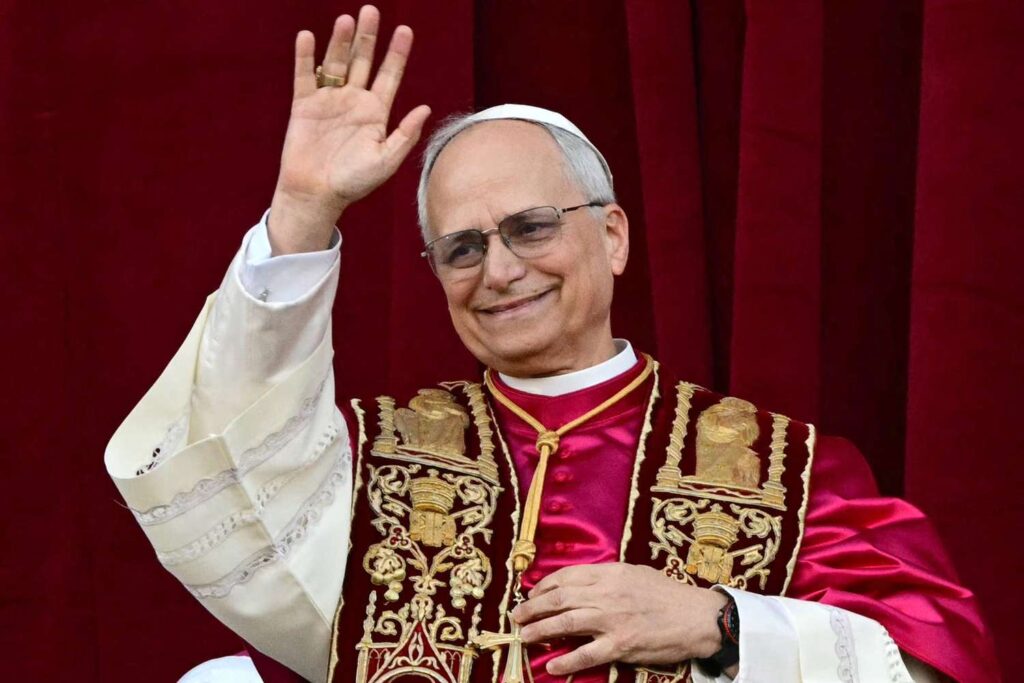
The diagnosis of Parkinson’s problems at the end of last year has woken me up to the need to get my life tidy. One of the areas of untidiness is in my books. Like many people who develop short term enthusiasms, I have sometimes bought books which remain unread. It is now time to lighten the load, both literally and metaphorically. As I handle the books on my shelves, I am reminded of the various stages of my intellectual and theological adventures from undergraduate days to the present. Having purged my books several times in the past, the ones that remain speak to me of relatively recent enthusiasms I have been indulging in, especially since retirement. My undergraduate self would never have guessed that I would find myself in the world of cults, crowd dynamics and safeguarding issues. Theologically and intellectually, I have been on a fascinating journey with various twists and turns. It might have been tidier if I had stuck to one continuing speciality or interest. That might have built up an expertise in a single area of enquiry, perhaps publishing the definitive study on the topic. Whether it was because of an inbuilt intellectual fickleness or impatience, my efforts at study have wandered fairly widely, so that all my efforts are those of an amateur enthusiast rather than any sort of expert.
When I began my undergraduate studies, in the far-off days of 1964 at Oxford, I was not a strong student. The essays I wrote, and the lectures attended were seldom edifying for me or my tutors. By the beginning of my last year, the winter of 66/67, I felt set to fail completely. There was just so much material to master and my brain felt overwhelmed by it all. The way that I overcame this mental paralysis, in time to make an unexpectedly good showing in my final exams, was to take a bold step. I abandoned all the notes I had taken from half-understood lectures that I had written down and instead started all over again in my learning. Out went the books full of overspecialised material and in came the books written at a level I could thoroughly master. I remember the delight with which I devoured John Robinson’s book on the Body and how it demystified Paul’s theology. The lectures on Paul I had attended had made his thinking totally incomprehensible. John Robinson opened up Paul and his thinking and made him coherent and understandable.
I do not have the space to mention which Old Testament studies injected some much-needed illumination into my learning, but the same method of focussing on books that were written at my level was applied right across the board. Reading accessible books rather than relying on badly taken lecture notes introduced structure and order into my learning. I also began to see that all the biblical material I was reading had always to be understood in a wider context. There was no point, for example, in knowing what Exodus had to say about the Passover, unless you also knew or were aware of how this festival developed different emphases over history. Everything I was learning about the Bible had to be placed in the context and setting of other historical and theological insights. In short, I was learning to understand holistically, to ask at every point how pieces of knowledge connected with other areas of information and fact. Always searching for and often finding these connections gave me a sense of the whole, as well as enormous respect for what Scripture was about. This may seem to be an insight hardly worth pointing out, but academic methods of detailed scrutiny often destroyed any sense of integration and wholeness in the text. To go back to the Passover example, I found myself having a far clearer understanding of the eucharist because I had become imaginatively involved in the Passover theme from the earliest days. My knowledge of the Bible was not created by ‘clobber texts’ but through an empathetic immersion into the themes of biblical teaching. With this appreciation for the central insights of Old and New Testaments, I had an anchor which made my last-minute revision effective and to the point.
1967 was the first year when the Faculty of Theology in Oxford first required every candidate to offer a special subject. I offered Christian archaeology and, although my showing in that paper was lower than my other marks, it was to lead me down a rabbit warren of fascinating, but ultimately over specialised study. Nevertheless, this was to provide me with an opportunity for extended theological study normally only offered to a student with an aspiration for a professional academic position. The financial demands today for this kind of extended study shut out all but a very small number. I was successful in finding funding for a year’s travel and later two further years residential theological research, leading to a B. Litt degree in 1978. After this I tried to remain connected to the academic world for a time, but the absence of easy library access made the effort hopeless. I managed to give two presentations to the Oxford Patristic Conferences in the early 80s, but the amount of effort required to put together two twelve-minute papers made me realise that my explorations into Byzantine liturgical theology had no future. Any attempts at academic scholarship, especially when attempted outside the orbit of a university and libraries, had to be abandoned.
The 42 years since I consciously abandoned the attempt to keep up with formal theological scholarship, in favour of more practically based learning, have not been wasted. I have produced three (non-scholarly) books on healing themes and the abuse of power. My own struggles to find something to say in a world of professional academics had taught me to realise that being acceptable in the world of academe is not the same as being useful to the Church and possibly the world. I have always believed that clarity of expression must always take precedence over the formal rules of academic discourse. My own theological journey or pilgrimage has taken me to occupy a place on both sides of the aisle, as it were. I have been immensely privileged to have been able to make such a journey and it is hard to imagine a freelance student ever in the future being given the same freedom and resources to range over so many areas of theological interest. In my case my studies, mostly undertaken in the context of parish ministry, have covered topics ranging from psychoanalytic themes to cultic behaviour and fundamentalist ideas. My audience for all this amateur enquiry that my books and blogs have evoked in others have been the dozens of individuals who have written to me, especially over the past eleven years. They are those who have allowed themselves to feel safe entrusting me with their secrets and experiences. Some of them have felt confident enough to share their experiences in a blog. I never meet them in the flesh but supporting them has been a great privilege. They are encouraged by being heard and I am encouraged to know that someone finds my reflections helpful.
Do I have any regrets? There is one dream that I had when I began my blog and before that never seems to have been fulfilled. Retired clergy, such as I, given that many have had extensive theological formation, should be enabled to share in a structured way something of the richness of their learning. This could involve some kind of mentor relationship with those setting out on their clerical career. Like me they often have libraries of useful books which they would willingly share and discuss to provide a glimpse of a richer and more expansive theological vision that is easier to engender when money and time are not in desperately short supply, Those of us who call ourselves progressive or liberal want to declare forcefully that theology is not a single understanding of truth but is a vision of reality that potentially permeates through many other disciplines. This then may be seen by the one with the eyes to see it. No one being ordained today should ever be allowed to stop reading and learning. Plato said something along the lines of the more I learn, the more I realise how much I do not know. We older clergy, who were trained in an age which was more generous with time, know this truth. That kind of training encouraged insight into what we see as wisdom. It is a journey, involving a way of understanding that many, clergy and laity, still wish to follow today.










